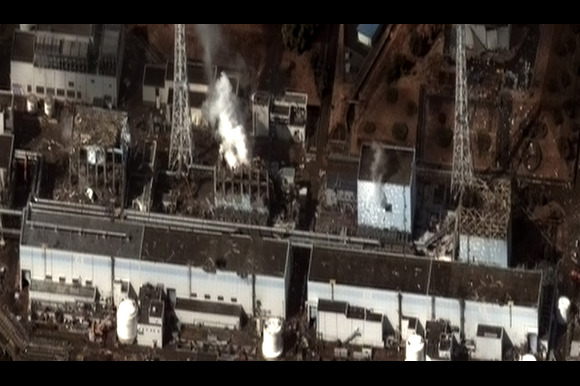Japan is moving closer to approving the restart of the world’s largest nuclear power facility, marking what would be its first operation since the 2011 Fukushima disaster.
Hideyo Hanazumi, governor of the Niigata prefecture — where the Kashiwazaki-Kariwa nuclear power plant is situated — announced that he has granted preliminary approval for a partial restart. The plant, owned by power utility Tokyo Electric Power Company (Tepco), must still receive clearance from both the regional government assembly and Japan’s nuclear watchdog before any operation resumes.
If formally approved, it would be the first time Tepco is permitted to resume nuclear reactor operations in Japan since the Fukushima plant experienced a catastrophic meltdown caused by a tsunami in 2011. Residents of Niigata remain deeply split over the prospect of restarting the facility.
Speaking at a press conference on Friday, Hanazumi said the matter will be tabled in December during a prefectural assembly session, where he intends to seek official approval. The initial restart plan involves recommencing operations at Reactor No. 6, followed subsequently by Reactor No. 7.
Restarting the Kashiwazaki-Kariwa facility forms a key part of Tepco’s broader business rehabilitation strategy following the Fukushima incident, which resulted from a 9.0-magnitude earthquake and resulting tsunami. Flooding at the Fukushima reactors led to radiation leakage and forced the evacuation of roughly 150,000 people from surrounding areas.
Following the disaster, Japan ordered the shutdown of all nuclear power reactors nationwide in 2011. Since then, 14 reactors have resumed operation, but Tepco has remained excluded from such restarts until now.
Tepco has been held accountable for extensive compensation, being ordered to pay trillions of yen to affected residents, while also covering the ongoing costs of decommissioning the damaged Fukushima reactors.
According to a survey released in Niigata prefecture last month, public opinion remains nearly evenly divided, with 50% supporting the restart and 47% opposing it. The poll also revealed that close to 70% of residents expressed concerns about Tepco’s ability to safely operate the plant.
Friday’s move signals growing interest within parts of Japan in expanding reliance on nuclear power to reduce dependence on fossil fuels as the country strives toward achieving net-zero carbon emissions targets.






